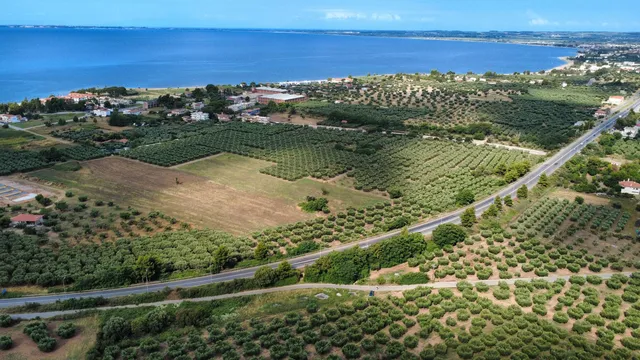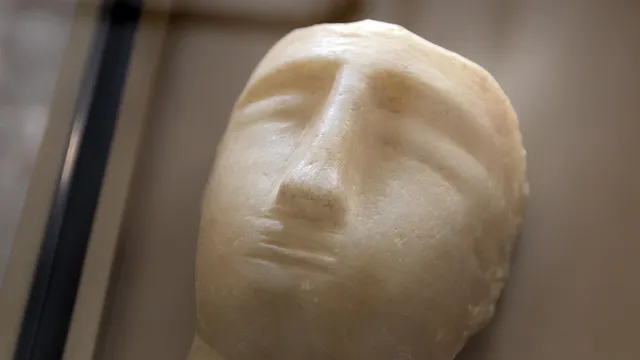Greece is home to some of the oldest olive groves in the world, with certain trees believed to be over a thousand years old, according to BGNES.
The history of the olive in Greece dates back millennia, with archaeological evidence indicating that its cultivation began as early as the Neolithic period. The Minoan civilization, which flourished on the island of Crete, relied heavily on olive oil—not only as food but also for lighting, cosmetics, and religious rituals. In ancient Greek mythology, the olive tree was sacred to the goddess Athena, who gifted it to the city of Athens as a symbol of wisdom and prosperity.
Today, Greece is the third-largest producer of olive oil in the world, with the majority of its output being high-quality extra virgin olive oil. The country’s unique climate, combined with fertile soil and centuries-old traditions, creates ideal conditions for olive cultivation. Varieties such as Koroneiki, Kalamata, and Manaki are just a few among the many that thrive in the hills and plains across the nation. Each imparts a distinctive taste and aroma to the olive oil—ranging from fruity and fresh to spicy and slightly bitter notes.
The production of olive oil is a continuous process that involves careful harvesting—often done by hand to prevent damage to the fruit—followed by cold pressing. This method preserves the oil’s nutrients and unique flavor. Greek olive oil is recognized worldwide for its health benefits, rich antioxidant content, and essential fatty acids, making it a cornerstone of the renowned Mediterranean diet.
The olive tree and its fruit are an inseparable part of Greek life. They not only provide a livelihood for thousands of families but also sit at the heart of social events and traditions. Harvest time is a moment of community and celebration, when families and friends gather to work together and share traditional meals.
Olives are present in every Greek household—from breakfast to dinner, they are a staple in nearly every dish. From fresh salads to hearty stews and even desserts, olive oil adds richness and depth of flavor. The olives themselves, especially the famous Kalamata variety, are a beloved snack and appetizer, prized for their salty, meaty texture.
Despite its deep roots and cultural importance, the Greek olive sector faces challenges such as climate change, global market competition, and the need for modernization. However, there is strong momentum toward sustainable practices, improved marketing, and the development of olive-related tourism to ensure the future of this vital heritage.
In Greece, olives are more than just a crop—they are a living history, a culinary treasure, and an eternal symbol of the Greek spirit. As the sun shines on the olive groves, they continue to tell the story of a nation deeply connected to its roots and nourishing the world with its liquid gold. | BGNES

 Breaking news
Breaking news
 Europe
Europe
 Bulgaria
Bulgaria







